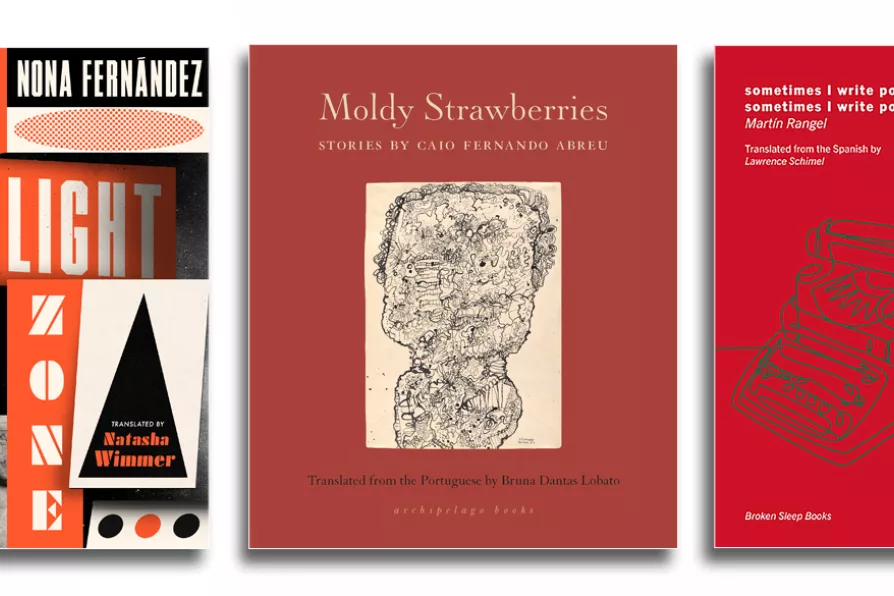FIONA O’CONNOR and MARIA DUARTE review State of Statelessness, Rental Family, 28 Years Later: The Bone Temple, and The Rip


IN THE aftermath of the bloody coup d’etat of September 1973 by general Augusto Pinochet against Chile’s democratically elected government of president Salvador Allende nearly 40,000 people were illegally detained and/or tortured in Chile and more than 3,000 were murdered or disappeared.
Chilean author Nona Fernandez’s masterful The Twilight Zone (Daunt Book Originals, £9.99) is a devastating attempt at giving voice to those victims of Pinochet’s regime.
Fernandez employs Rod Serling’s influential television series The Twilight Zone as one of the novel’s thematic nuclei. The book is divided into four sections or “zones,” where each character ends up dealing with often disturbing or unusual events. In each case, the experience is described as entering “the Twilight Zone,” often with a surprise ending or a point.

LEO BOIX introduces a bold novel by Mapuche writer Daniela Catrileo, a raw memoir from Cuban-Russian author Anna Lidia Vega Serova, and powerful poetry by Mexican Juana Adcock

A novel by Argentinian Jorge Consiglio, a personal dictionary by Uruguayan Ida Vitale, and poetry by Mexican Homero Aridjis












